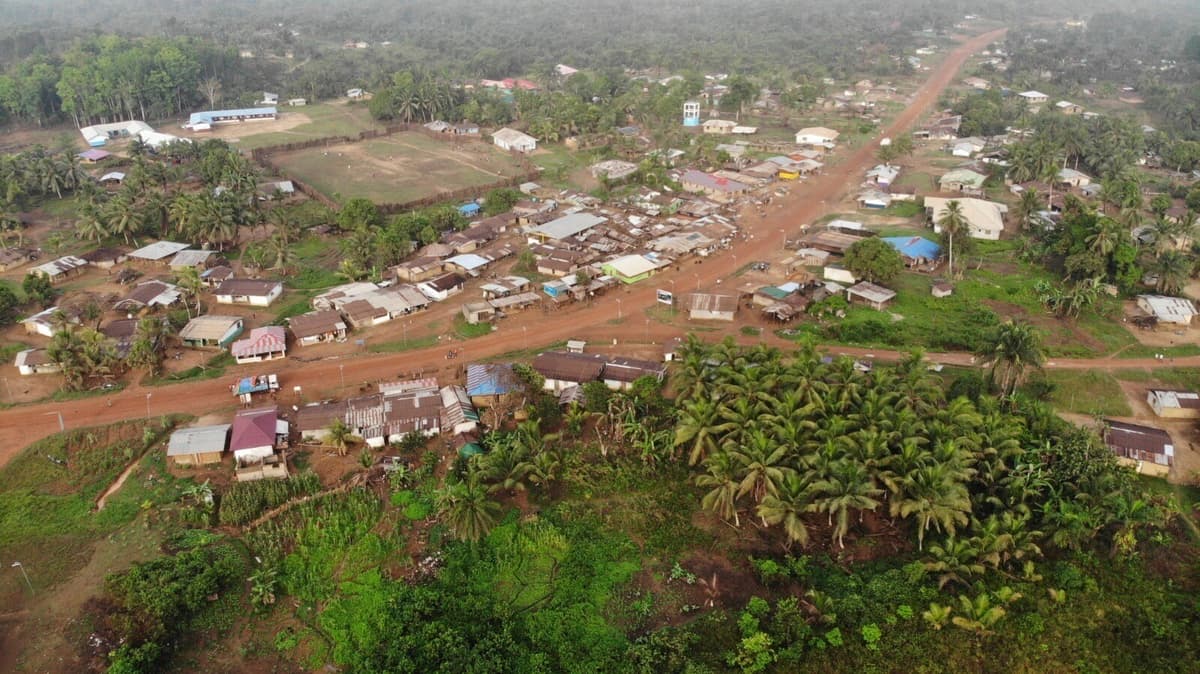The disputed law – abbreviated EUDR – is part of the EU's climate plans and has been introduced primarily to combat deforestation outside Europe.
The idea is that a range of products, such as coffee and cocoa, will only be allowed to be imported into the EU if they can be proven not to have been produced on land where, for example, rainforest has been cleared after 2021.
Several developing countries, including Brazil, have criticized the law, arguing that it is unfair and will lead to significantly increased administrative costs. The forestry industry and various import companies in the EU have also been concerned about potential consequences – and have received support from several EU member states.
From 2026
The EU Commission has now listened to these concerns and is therefore proposing to postpone the implementation by another year.
"In this way, the Commission hopes to provide clarity on the way forward and guarantee the success of EUDR," it says in a press release on Wednesday.
The proposal is now that the law will come into effect on December 30, 2025, for large companies and on June 30, 2026, for small and medium-sized companies. The plan was previously to have the law come into full effect at the turn of the year.
"Concerning"
However, Swedish EU parliamentarian Pär Holmgren (Green Party) calls the proposal "extremely concerning".
"We are in the midst of a climate and biodiversity crisis, we cannot afford to wait a single day, let alone twelve months," Holmgren writes in a text message to TT.
The industry is happier, but is also calling for clearer rules on how the law will work "in a uniform manner".
"The greatest uncertainty concerns how requirements for traceability will be met when raw materials are processed in industrial facilities," says Skogsindustriernas CEO Viveka Beckeman in a press release.
Wiktor Nummelin/TT
Facts: EU on deforestation
TTTT
The EU Commission presented its proposal for "regulation to minimize EU-driven deforestation and forest degradation" in November 2021.
After the usual processing by the EU Parliament and EU member states in the Council of Ministers, an agreement was reached on the rules in December 2022.
Those who want to sell beef, cocoa, coffee, palm oil, soy, or wood, or products that, for example, contain, have been fed with, or have been produced with these raw materials, will in future have to be able to prove that the products have not caused deforestation after December 31, 2020.
To facilitate this, a risk assessment is being made simultaneously, with higher reporting requirements being placed on high-risk countries.
Sources: EU Commission, EU Parliament.






